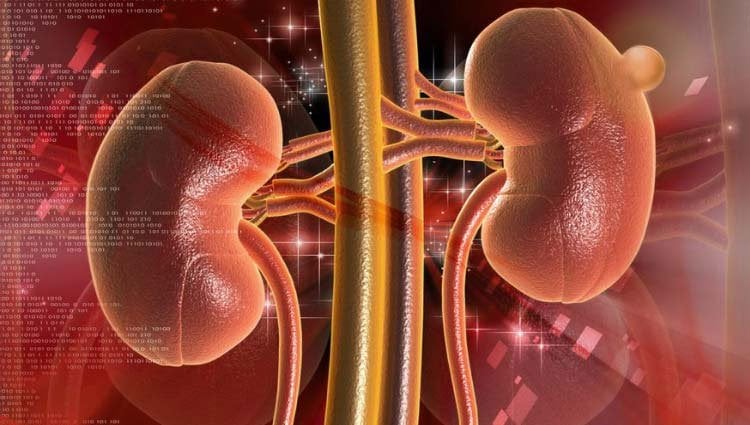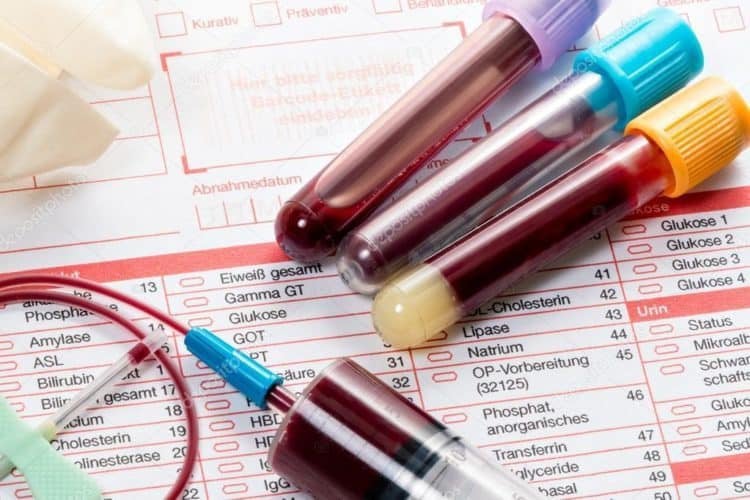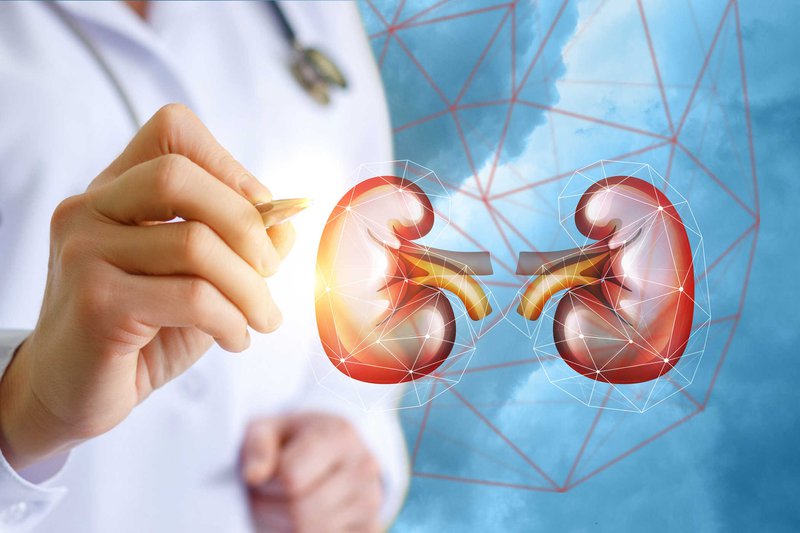When is blood urea measurement indicated?
This is an automatically translated article.
Urea blood test used to evaluate liver and kidney function. So when is this test ordered and what does a high blood urea count mean?
1. What is the blood urea index?
Urea is the end product of protein metabolism (also known as protein) in the body and is excreted by the kidneys.
The normal value of blood urea nitrogen is about 2.5 – 7.5 mmol/l. Urea is relatively less toxic, even when blood urea levels are high.
The normal value of blood urea nitrogen is about 2.5 – 7.5 mmol/l. Urea is relatively less toxic, even when blood urea levels are high.
2. Why need blood urea quantitative test?
Quantitative blood urea nitrogen test is an indicated test when it is necessary to evaluate the functioning of the liver and kidneys. When conducting a blood urea nitrogen test, your doctor will measure the amount of urea in your blood.
The metabolism of urea in the blood is as follows: Proteins, after being taken into the body through food or drink, will be converted into amino acids. These amino acids will be further and finally converted to NH3 and CO2. In the body, NH3 is a toxin that needs to be eliminated. The liver converts NH3 into urea and delivers it to the kidneys through the bloodstream. The kidneys filter urea and other substances that need to be eliminated from the blood through urine. Therefore, when the function of the liver and kidney is disturbed, it will affect the process of NH3 metabolism and urea filtration.
Normal blood urea nitrogen is in the range of 2.5 - 7.5 mmol/l. If the blood urea value is higher than normal then it could be a sign that the kidneys are not working properly, or it could also be a high protein level, not drinking enough water leading to poor circulation. Conversely, if blood urea is lower than normal, it is a sign of liver disease or malnutrition.
However, blood urea only test is not enough to make a diagnosis, so the doctor will assign the patient to do some other tests to get more accurate conclusions.

Xét nghiệm định lượng ure máu là xét nghiệm được chỉ định khi cần đánh giá chức năng hoạt động của gan và thận
3. Increase, decrease blood urea when?
3.1 Hyperuremia The following cases will have the phenomenon of uremia:
People with kidney failure, anuria, oliguria or urinary obstruction; Diet too high in protein; Have gastrointestinal bleeding or severe infection; Congestive heart failure, shock or stress, heart attack, severe burns, gastrointestinal bleeding, urinary tract obstruction,... reduced blood flow to the kidneys; Fever, malnutrition, neoplastic disease causing increased protein catabolism; Mercury poisoning. 3.2 Hypouricemia Syndrome of inappropriate secretion of ADH ; Pregnant; Implement a weight loss and diet regimen; Suffering from malabsorption syndrome; Have liver failure or cirrhosis, acute or chronic hepatitis that impairs the metabolism of urea synthesis; Poor protein diet, blood thinning, nephrotic syndrome.
4. How does blood urea affect health?

Tăng ure máu ở mức độ nặng có thể gây co giật, hôn mê
Increased or decreased blood urea concentration affects human health. Specifically:
Cardiovascular effects: Fast, small pulse, increases blood pressure. Patients with end-stage renal failure may experience cardiovascular collapse, which is an extremely life-threatening situation; Nervous effects: At a mild level, it can cause dizziness, lightheadedness, headache, and insomnia. At a moderate level, it can cause the patient to fall into a state of dreaming, struggling, and talking. Severe uremia can cause convulsions, coma, pupil constriction and poor response to light; Digestive effects: At a mild level, the patient will find that they do not eat well, have flatulence, and are bloated. To a greater extent, there may be signs of black tongue, ulceration of the pharynx and mouth, nausea, diarrhea and the appearance of gray pseudomembranous membranes; Respiratory effects: The patient's breath smells of ammonia (NH3), has a breathing disorder, may be comatose and is accompanied by slow, weak breathing; Effects of body temperature: Hypothermia; Hematological effects: Hyperuremia can cause anemia and depending on the stage, the level of impact will be different, if anemia is severe, the kidney failure will be more severe.
Please dial HOTLINE for more information or register for an appointment HERE. Download MyVinmec app to make appointments faster and to manage your bookings easily.
This article is written for readers from Sài Gòn, Hà Nội, Hồ Chí Minh, Phú Quốc, Nha Trang, Hạ Long, Hải Phòng, Đà Nẵng.





